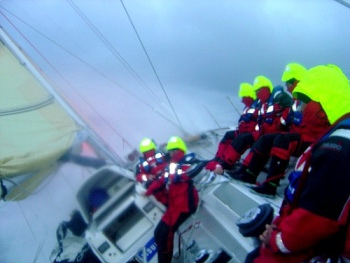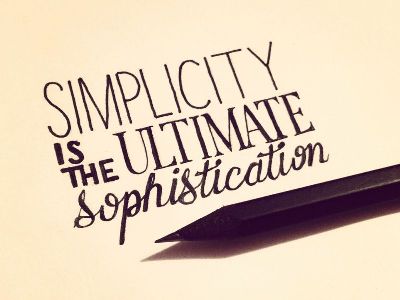A nice definition of insanity is: to do things over and over again – and expect a different result.

It’s quite amusing to think that we are probably all insane to a certain point. In our lives we often repeat behaviors out of habit and still, expect that something different will happen. That, somehow, fate will overcome our lethargy. Look at yourself and ponder how often we tend to fall into this mode.
It is so prevalent that it is sometimes incredible. Is that not the dream of the average person to somehow become rich and famous (refer to all the relevant TV shows) – and still… not to change anything, not one detail, to their daily behavior and occupation?
So, stop doing what you have always done, stop blaming everybody and anything for the fact that things don’t happen in your life the way you’d like. Change, introduce new experiences, even serendipity if you can. In summary – stop being on the brink of insanity by repeating ever and ever again the same routine! Come back to sanity by changing something – or even everything if you dare!










